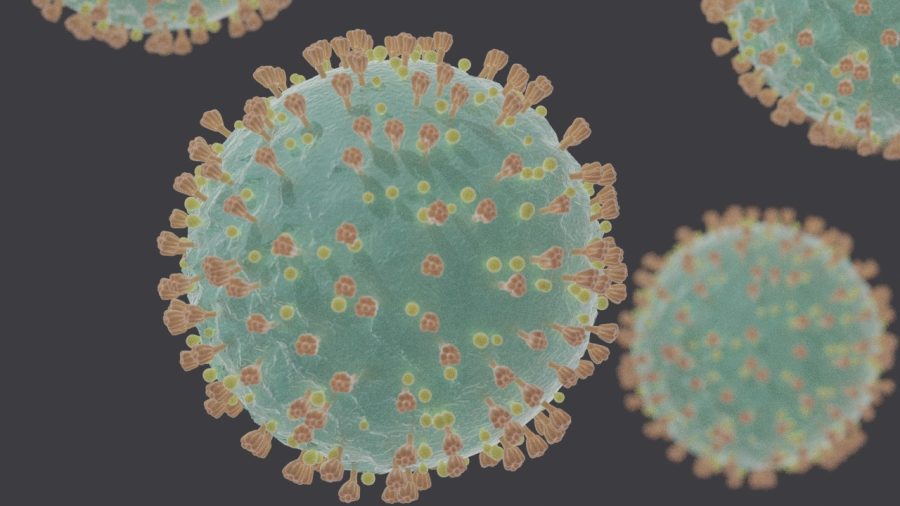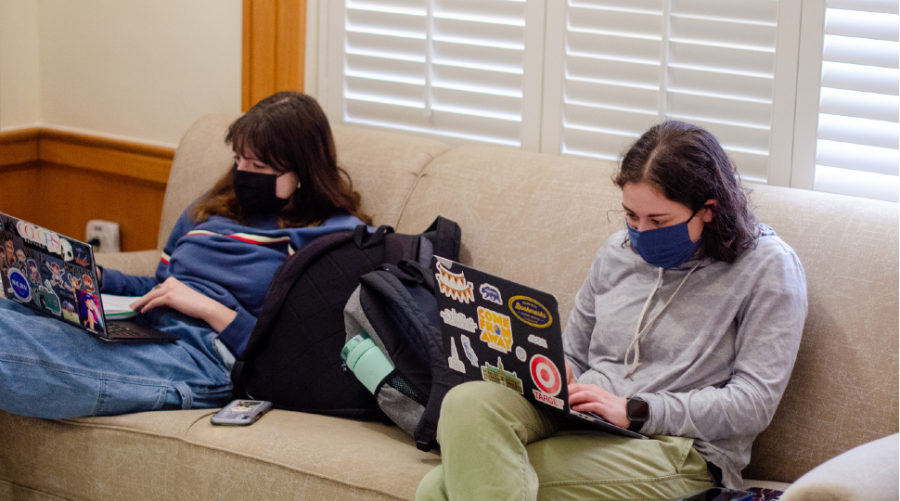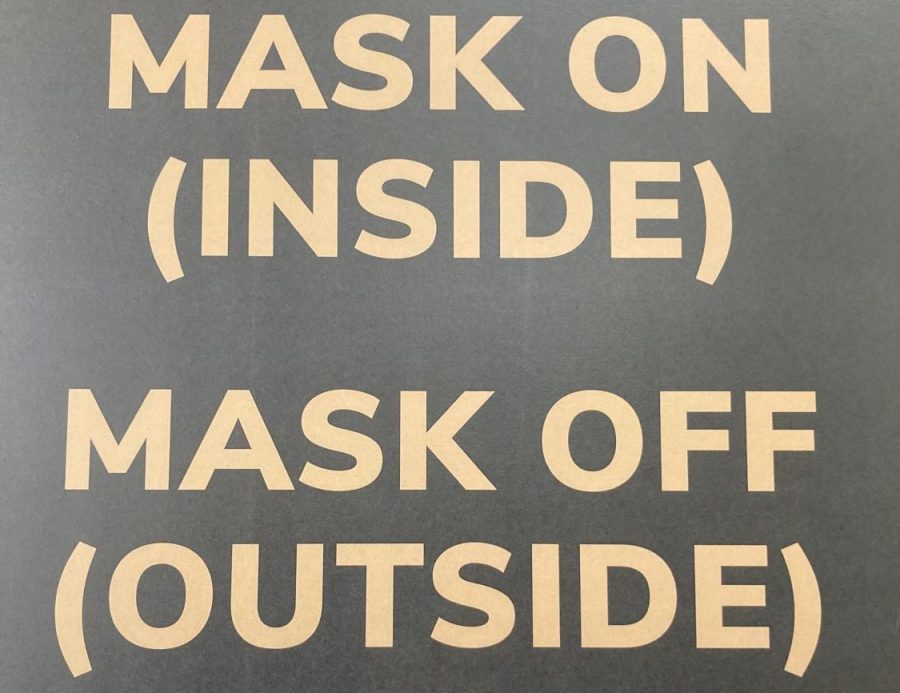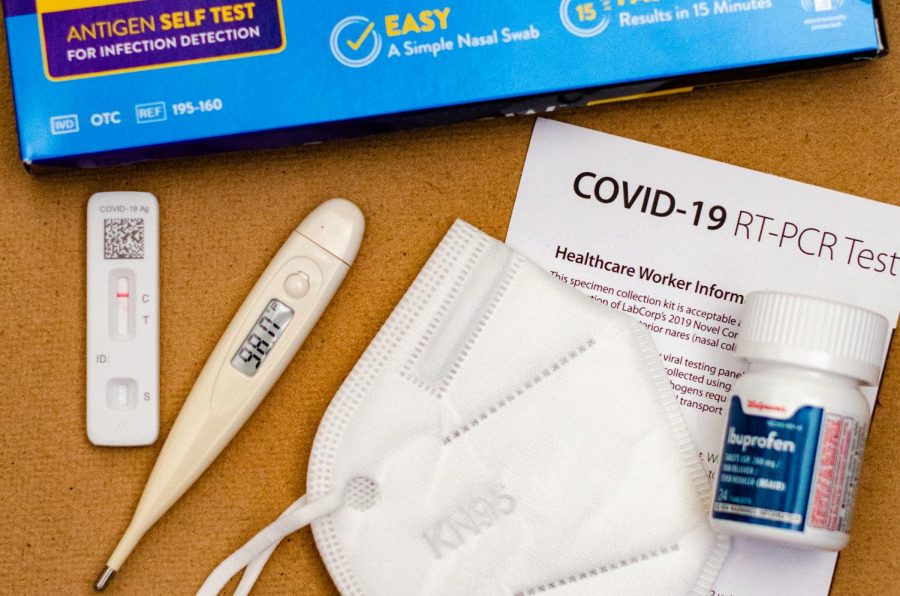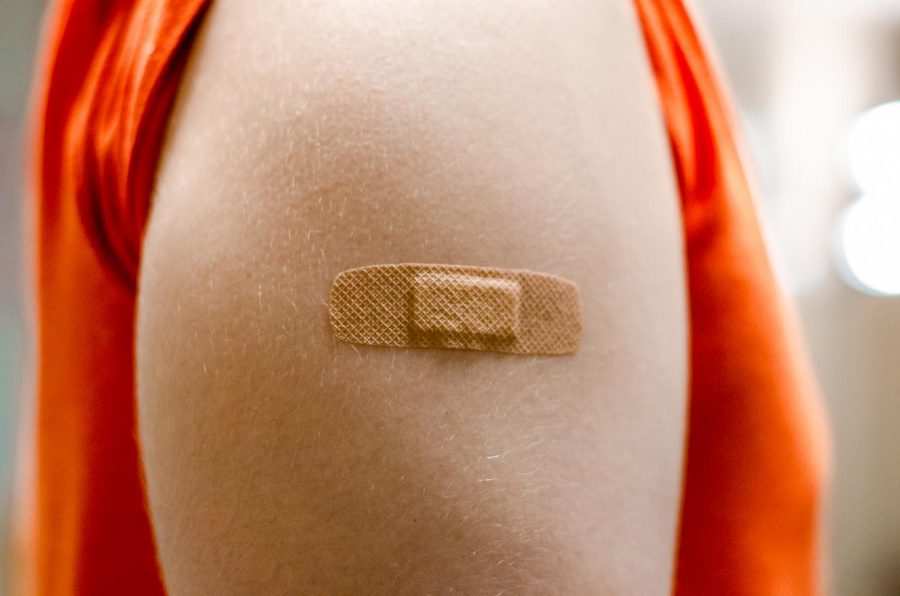A student died at Appalachian State University after testing positive for COVID-19 on Sept. 29, as announced by university officials. At Wake Forest, just 86 miles down US-421 N the tragedy is hitting close to home.
Chad Dorrill, a sophomore, contracted COVID-19 early this month. According to Appalachian State, he lived off-campus and took all his classes online. An exercise science major and accomplished basketball player, Dorrill was diagnosed with a rare form of COVID-19 that led to neurological symptoms, according to his uncle, David Dorrill.
“The doctor said it was a one-in-a-million case — that they’d never seen something progress the way it did,” said Dorrill, according to the New York Times. “It was a COVID complication that, rather than attacking his respiratory system, attacked his brain.”
For the Wake Forest University community, the tragedy is a sombering reminder of the reality under the COVID-19 pandemic.
“I think it’s a reminder, a really tragic reminder, that if we don’t abide by COVID-19 guidelines and work with health officials to plan, then this is a really unfortunate result of that,” said Rachel Edwards, a sophomore and Student Government senator. “And there’s this conception that young people cannot die from this, but I think his death is a really tough wake-up to that reality.”
Wake Forest released a statement on Tuesday night in condolence of Dorrill’s death.
“The Wake Forest University community extends our heartfelt condolences to the Appalachian State University community and the family and friends of Chad Dorrill, who passed away due to complications with COVID-19. It is a deep and painful loss, and our thoughts and prayers are with those who knew and loved him.”
The tragedy won’t change policies at Wake Forest, but the university is “redoubling efforts to prevent the spread of the virus and to assure that students, faculty and staff stricken with it have access to superior health care,” said Mark Petersen, Vice President for University Advancement.
“The tragic situation with Chad Dorrill at Appalachian State served as a reminder of how important our protocols are around Student Health Services and virus prevention — especially proactive testing, contact tracing and quarantining,” he added.
The cornerstone of Wake Forest’s COVID-19 policy is arguably random testing, which began on Sept. 3. As of writing, 1,867 students have been tested, with a cumulative percent of positive rate at 0.7%. According to the COVID-19 Dashboard, there are 19 active cases on campus.
“It’s really good that they’re making sure we’re not testing positive for Covid,” freshman Sofia Maldonado, who has been tested twice for the virus, said. “My family’s a huge part of it because I go visit them so often. They’re also really strict with who they touch and talk to and where they go, and I don’t want to ruin that for them. So I’m thankful.”
Freshman Rute Ayalew was also tested twice. She said of her experiences “was very quick and easy, walk in, walk out, get a T-shirt.” However, she pointed out that she was the only person she knew who had been tested.
“I’m glad that they’re doing randomized testing, but I would hope that what occurred to me isn’t what’s happening with the majority of these tests,” Ayalew said. “Otherwise, they’re just pulling multiple negative results where they could be searching for more cases where you might not even catch it because you’re not testing other people.”
Testing is completely random, emphasized Petersen. Though there is an additional testing process where specific groups of students — from residence halls, areas off campus or organizations — are selected, the random testing program is based on a simple sampling model.
Nor are students taken from the testing pool after they have already been tested. Theoretically, a student could be tested every week.
“It is important to remember that tests of asymptomatic people are snapshots in time, and while someone may have tested negative last week, it is very possible that he or she could have been exposed since that test,” Petersen said. “It is also possible that the virus had not developed enough to be detected in the prior test. “If you have heard of someone being tested multiple times, it is likely that he or she was selected randomly one week, then was selected due to an affiliation with an organization, residence hall or neighborhood that was drawn for special asymptomatic testing.”
As the Appalachian State and Boone communities grapple with the death of Chad Dorrill, Wake Forest aims to prevent the same. Cases like Dorrill’s are extremely rare, but preventative measures — including random testing, but also those seemingly age-old axioms of staying socially distant and wearing a mask — are key to avoiding the same tragedy.
At the end of their statement confirming Dorrill’s passing, Appalachian State’s Sheri Everts said that “In condolences to his family, many have shared their memories of Chad and said, ‘I wear my mask for Chad.’ Please let us all honor Chad and his contributions by taking care of ourselves and our community.”











